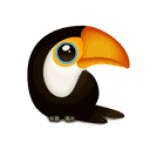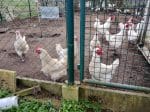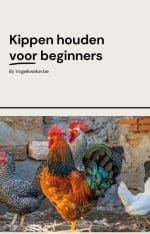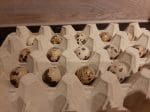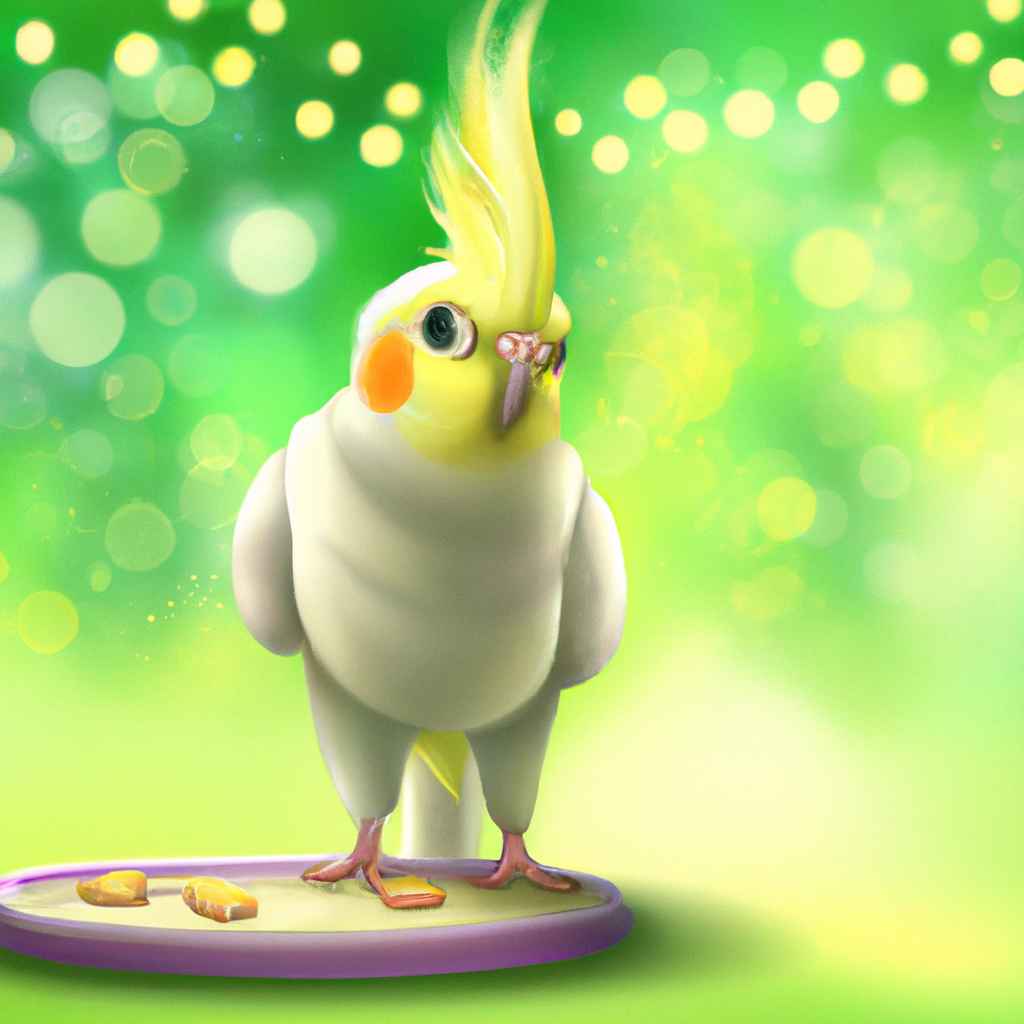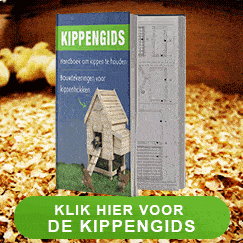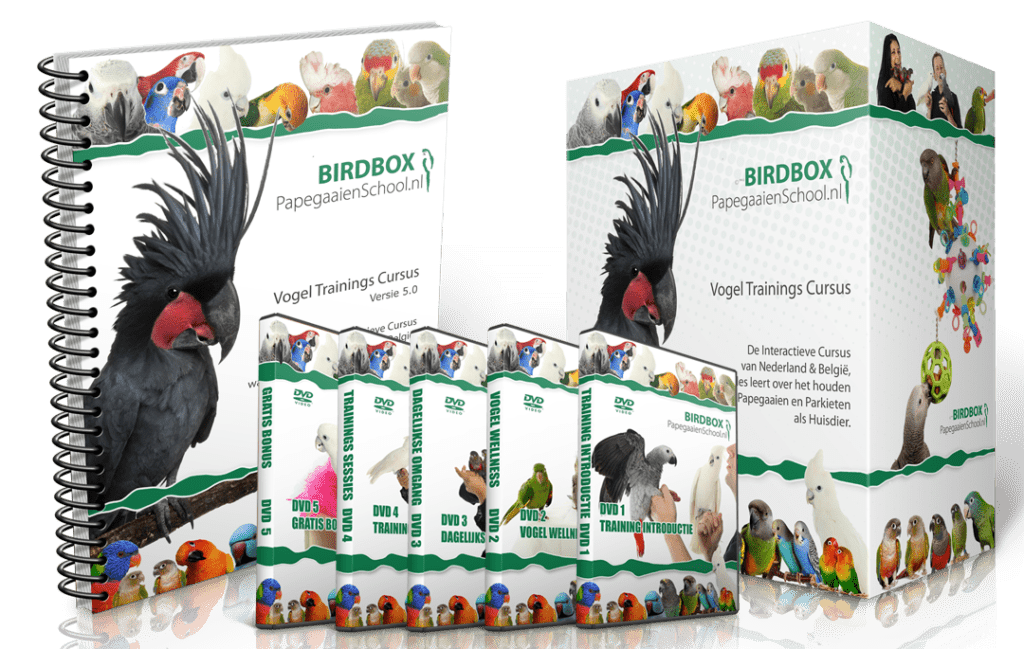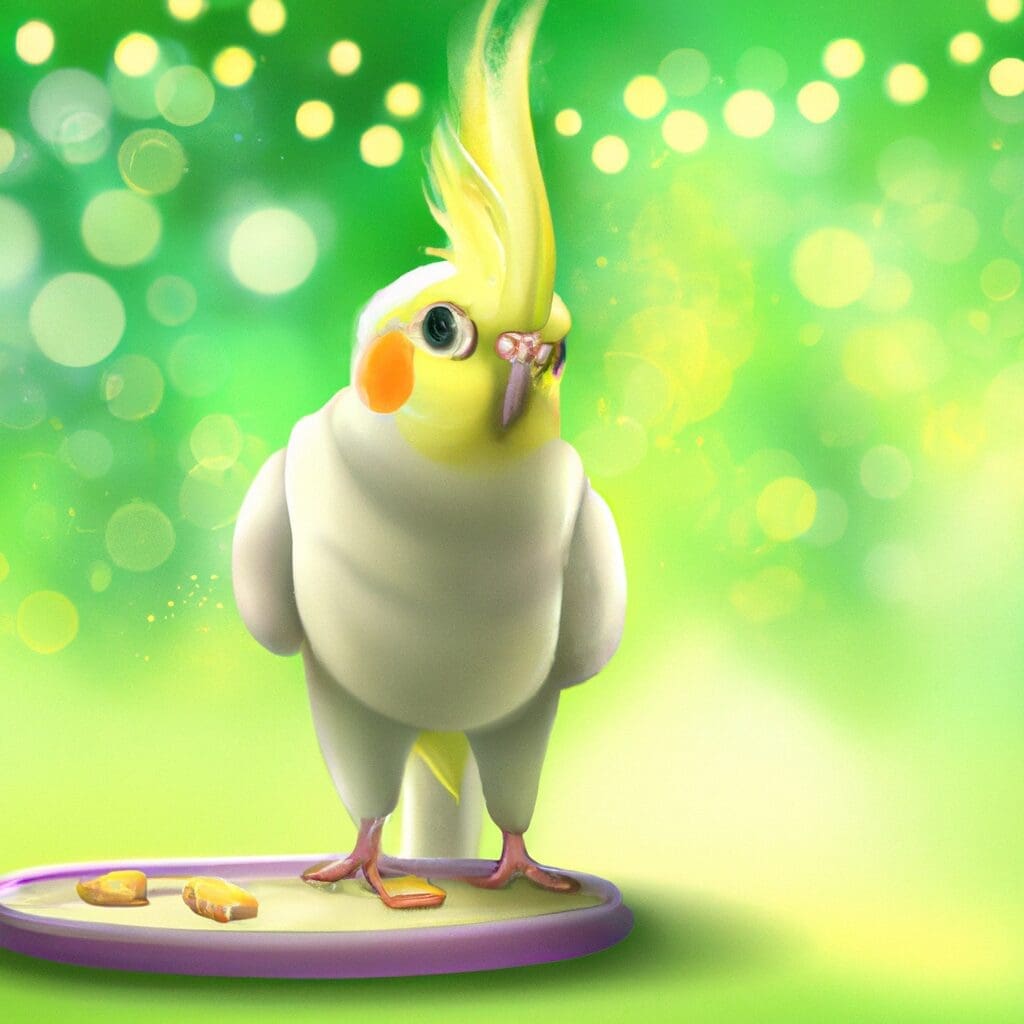
Can Cockatiels Eat Cheese?
Can cockatiels eat cheese? It isn’t toxic, but it shouldn’t be a big part of their diet. Cheese is high in fat and calories, which could lead to weight gain. Plus, birds are usually lactose intolerant, so it might cause digestive problems.
Stick to their usual diet of seeds, vegetables, fruits, and low-fat proteins like hard-boiled eggs or cooked chicken.
As a treat, give them small amounts of low-fat cheese like cottage cheese or mozzarella, mixed with their regular food.
Feeding them junk food is not recommended – it’s like giving a toddler a Red Bull and a Twix bar for breakfast!
Understanding Cockatiel Nutrition
Understanding the Nutritional Needs of Cockatiels
Cockatiels, like other pets, need a balanced diet for optimal health. So, consider their dietary needs before giving them something else.
- Cockatiels require a varied diet which includes seeds, fresh fruits and vegetables, plus a quality pellet mix.
- Avoid feeding your pet bird food that’s high in fat or sugar. As this could lead to obesity and other health issues.
- Always provide clean drinking and bathing water for your cockatiel.
Bird owners should be aware of specific details when it comes to their pet’s nutrition. By providing sufficient nutrition, you help keep your feathered friend healthy.
For example, some foods contain minerals which can be dangerous if given too much. Supplements can also be harmful for birds.
Suggested feeding regimens consist of different fruits & vegetables in season. Make sure you wash the food before feeding it, as seeds alone are not a great source of nourishment. If you must use seed-only mixes, give fresh vegetables daily.
By following these tips, you’ll be sure your cockatiel stays healthy for years to come! So, why risk it? Stick to birdseed and avoid potential problems with your pet’s digestion.
Can Cockatiels Digest Dairy Products?
Cockatiels are known to be seed eaters, but their diet can sometimes be supplemented with other food items too. However, when it comes to dairy products, one may question whether cockatiels are capable of digesting them. The answer to this question is no, cockatiels cannot digest dairy products due to the absence of lactase enzyme in their digestive system.
Feeding dairy products such as cheese to cockatiels could lead to digestive problems, diarrhea, and bloating. It is essential to understand that while some birds may show interest in food items that are not suitable for their consumption, it is our responsibility as pet owners to ensure their safety. One can provide a well-balanced diet including fresh fruits and vegetables as an occasional treat.
It is worth mentioning that while lactose intolerance is common in mammals, some birds such as penguins and albatrosses can digest lactose without any problems. However, this does not apply to cockatiels as they have a different digestive system.
As per a veterinary report, an incident was reported where a pet owner accidentally fed cheese to their cockatiel, which resulted in severe digestive issues. Therefore, it is essential to be aware of what food items are safe for your pet bird’s consumption.
Feeding cheese to cockatiels is like playing Russian roulette, but with feathers instead of bullets.
The Risks of Feeding Cheese to Cockatiels
Feeding cockatiels cheese can have risks. Birds may not digest dairy products well. Too much cheese can cause digestive problems, even if the bird tolerates it. Cheese has high fat, so cockatiels can easily become obese. Plus, salt and preservatives in some cheeses can cause dehydration and kidney issues.
Different cheeses have different nutritional values and risks. Hard cheeses like cheddar and parmesan are higher in fat and salt than soft cheeses like brie or cream cheese. So, it’s best to feed soft cheese in small amounts.
Pro Tip: If you offer cheese as a treat, go for unsalted varieties and avoid processed cheeses. It’s a good idea to consult with a vet before introducing any new foods to a pet bird’s diet. Cockatiels should stay away from cheese and crackers to avoid allergic reactions.
Potential Allergic Reactions in Cockatiels
Cockatiels can have allergies to certain foods. Owners must be careful when feeding food that may be a problem. Signs of an allergy include changes in behavior, feather loss, and excessive grooming.
It is important to maintain a balanced diet for your bird. Dairy, nuts, fruits with seeds, chocolate, and avocado should not be given. Check with a vet before introducing new foods.
Health of your cockatiel depends on attention to their individual needs. Knowing potential allergens can keep them healthy. Good nutrition care is key for a happy life free from food-related issues.
Be sure to monitor what they eat daily! A bowl of kale instead of cheese can make your pet the healthiest bird!
Alternatives to Cheese for Cockatiels
Cockatiels should stay away from dairy like cheese. However, there’re other food options that are just as good. Like: rice cakes, honey treats, fruits & veggies (apple slices & carrots), and seeds & nuts (sunflower seeds & almonds – but in moderation).
Remember, too much of these alternatives aren’t good either. So, research the food before feeding it to your pet bird. Did you know cockatiels can mimic sounds? The National Institute of Environmental Health Sciences says they can learn up to 1000 words! So, don’t give in when they beg for cheese – it’s not good for them.
Nutritional Needs of Cockatiels
Paragraph 1: Cockatiels’ Nutritional Requirements
Cockatiels have very specific nutritional requirements to remain healthy and active. Their diet should not be taken lightly, but carefully curated with their unique needs in mind.
Paragraph 2: Nutritional Needs of Cockatiels
- Seeds should be only a part of their diet, as they are high in fat and low in nutrients. A balanced diet should consist of pellets, vegetables, and fruits as well.
- Proteins are essential for their health, and they can get it from cooked chicken or eggs, tofu, and beans.
- Cockatiels also need calcium for their bone health, which can be provided through cuttlebone or eggshells.
- They require fresh water every day to keep them hydrated, and it should be changed daily.
- Cockatiels like having treats occasionally, but they should be healthy, like small pieces of fruit.
Paragraph 3: Unique Details
Cockatiels’ nutritional needs vary depending on their age, sex, and activity levels, and their diet should be accommodated accordingly. Overfeeding them can lead to obesity, while underfeeding can lead to malnutrition, so it’s crucial to maintain a balanced diet.
Paragraph 4: Suggestions
It’s important to offer a range of fresh fruits and vegetables to ensure that they get a wide variety of vitamins and minerals. Supplementing their diet with vitamin or mineral supplements may be beneficial, but it should only be done after consultation with a veterinarian. It’s also crucial to avoid feeding them fatty foods, processed human foods, and chocolate, as these can be toxic to them. By following these dietary recommendations, Cockatiels can lead happy and healthy lives.
Who needs essential nutrients when you have a slice of cheddar cheese?
Essential Nutrients for Cockatiels
Cockatiels need various nutrients for a healthy diet. These can be classified as essential components for their wellbeing:
- Proteins: they build muscles, feathers and other tissues.
- Carbs: a great source of energy.
- Vitamins & Minerals: regulate bodily functions, boost immunity and protect them from diseases.
Fruits, veg and seeds are also vital to provide all the necessary nutrients.
Owners need to pay attention to cockatiels’ special nutritional requirements. Formulated pellets should be used instead of seed mixes.
My cockatiel got sick when I only gave him sunflower seeds – an unbalanced diet. It taught me the importance of providing a variety of foods.
Feeding cockatiels junk food is not the way to go. It’s like giving your grandma nothing but candy – not good!
Food Items Suitable for Cockatiels
Cockatiels need a balanced and diverse diet to meet their nutritional needs. It’s vital to give them right food items with enough protein, vitamins, minerals, and fiber.
- Seeds – Essential for proteins and healthy fats. Vary the types for a range of nutrients.
- Fruits and Veg – Include regularly for nutrition diversity. Apples and berries are good sources of vitamins. Broccoli is a great source of minerals.
- Pellets – Complement other food items in the diet. Buy high-quality pellets from reliable brands.
Exclusively feeding on seeds can lead to health problems, like obesity. So give pellets and veggies too.
Pro Tip: Change the freshwater daily. This prevents bacteria growth and keeps cockatiel health optimal.
Never feed them leftovers from Taco Tuesday!
Feeding Practices for Cockatiels
Feeding Habits for Cockatiels:
Cockatiels are exotic birds and their feeding habits should be taken care of with proper concern. An appropriate selection of food items can ensure their good health and longevity.
- Seed mixtures should be an essential part of their diet to provide them with a complete range of nutrients.
- Fruits and vegetables should be given to them regularly in moderation to provide them with additional vitamins and minerals.
- Properly cooked eggs and small insects can also be given to them as a supplementary protein source.
It is important to note that feeding them fatty, sugary and processed foods should be avoided as it can cause serious health issues like obesity.
Cockatiels require a balanced diet as per their species to maintain their nutritional requirements, preventing them from developing health issues.
Cockatiels need daily doses of good food and nutrients to maintain their health and vitality. To ensure their life span and reduce the risk of health issues, providing them with a healthy diet is always a requisite.
For those who love their pet cockatiels, it is necessary to give their feathery fellows a proper and balanced diet as per their species to avoid missing out on their long-lasting companionship.
Feeding your cockatiel: it’s like setting the table for a tiny feathered king who only eats with his beak and doesn’t use utensils.
Frequency and Amount of Feeding for Cockatiels
Feed your Cockatiel right! Give them 2-3 meals a day, each one no more than 15-20 min long. Offer a balanced diet with pellets, fruits, veggies and sprouts to ensure proper nutrition. Make sure you don’t overfeed or underfeed them. Watch out for human foods like avo, choc, caffeine, booze and fatty stuff – they can be toxic! Feed your Cockatiel like royalty, but don’t let them get too big for their feathers!
Best Practices in Cockatiel Feeding
Cockatiels have special needs when it comes to eating. Here’s the lowdown:
- Offer a mix of pellets, seeds, fruit, veg and treats.
- Provide fresh food and water daily.
- Don’t give too many high-fat or sugary foods like sunflower seeds or candy.
- For calcium, supplement with cuttlebone or mineral blocks.
- Pay attention to your bird’s diet, as cockatiels get fat easily.
- Before adding something new, research its nutrition value.
Last but not least, don’t even think about feeding cheese to cockatiels – risky business!
Conclusion: Should Cockatiels Eat Cheese?
Cockatiels are delicate birds. Care must be taken with their diet. Cheese is not part of their typical food, yet in small amounts it may not be damaging. However, it contains high fat which can be hazardous if eaten too much. Therefore, fruits, vegetables, and particularly created bird feed should be favoured. These plants give them the vitamins and minerals they need for growth.
Frequently Asked Questions
1. Can cockatiels eat cheese?
A: Cockatiels can eat cheese but it is not recommended. Cheese contains high levels of fat and salt which can be harmful to birds.
2. What kind of cheese is safe for cockatiels to eat?
A: If you must feed your cockatiel cheese, choose a low-fat, low-salt cheese like mozzarella or parmesan in small amounts.
3. How much cheese should I feed my cockatiel?
A: Cockatiels only need a small amount of cheese, about the size of their beak, once in a while as a treat.
4. Can feeding my cockatiel cheese cause health problems?
A: Yes, feeding your cockatiel too much cheese can cause obesity, liver damage, and other health problems.
5. Are there better treats than cheese for cockatiels?
A: Yes, cockatiels can benefit from fruits, vegetables, and nuts as treats. These options are healthier and provide essential vitamins and minerals.
6. What should I do if my cockatiel accidentally eats cheese?
A: If your cockatiel has accidentally eaten cheese, monitor its behavior for any signs of illness, such as vomiting or diarrhea. If symptoms persist, take your bird to a veterinarian.
{
“@context”: “https://schema.org”,
“@type”: “FAQPage”,
“mainEntity”: [
{
“@type”: “Question”,
“name”: “Can cockatiels eat cheese?”,
“acceptedAnswer”: {
“@type”: “Answer”,
“text”: “Cockatiels can eat cheese but it is not recommended. Cheese contains high levels of fat and salt which can be harmful to birds.”
}
},
{
“@type”: “Question”,
“name”: “What kind of cheese is safe for cockatiels to eat?”,
“acceptedAnswer”: {
“@type”: “Answer”,
“text”: “If you must feed your cockatiel cheese, choose a low-fat, low-salt cheese like mozzarella or parmesan in small amounts.”
}
},
{
“@type”: “Question”,
“name”: “How much cheese should I feed my cockatiel?”,
“acceptedAnswer”: {
“@type”: “Answer”,
“text”: “Cockatiels only need a small amount of cheese, about the size of their beak, once in a while as a treat.”
}
},
{
“@type”: “Question”,
“name”: “Can feeding my cockatiel cheese cause health problems?”,
“acceptedAnswer”: {
“@type”: “Answer”,
“text”: “Yes, feeding your cockatiel too much cheese can cause obesity, liver damage, and other health problems.”
}
},
{
“@type”: “Question”,
“name”: “Are there better treats than cheese for cockatiels?”,
“acceptedAnswer”: {
“@type”: “Answer”,
“text”: “Yes, cockatiels can benefit from fruits, vegetables, and nuts as treats. These options are healthier and provide essential vitamins and minerals.”
}
},
{
“@type”: “Question”,
“name”: “What should I do if my cockatiel accidentally eats cheese?”,
“acceptedAnswer”: {
“@type”: “Answer”,
“text”: “If your cockatiel has accidentally eaten cheese, monitor its behavior for any signs of illness, such as vomiting or diarrhea. If symptoms persist, take your bird to a veterinarian.”
}
}
]
}
